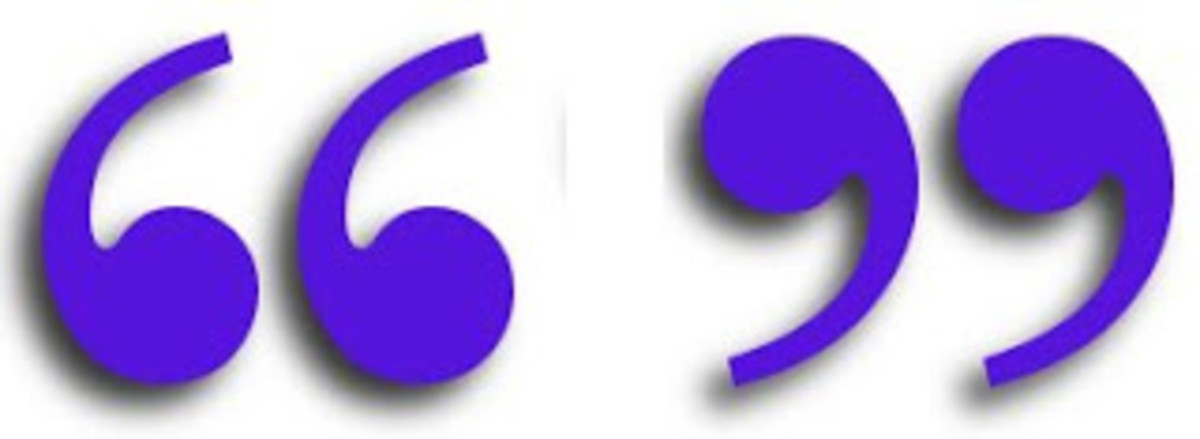
 You are an honest person, not only by speaking the truth but by living your life in a genuine and authentic way. You are down to earth and without pretense; you are a “real” person. (Source: VIA Institue)
You are an honest person, not only by speaking the truth but by living your life in a genuine and authentic way. You are down to earth and without pretense; you are a “real” person. (Source: VIA Institue)
This strength involves accurately representing your internal states, intentions, and commitments, both publicly and privately. The strength of honesty is often linked to self-concordance- the extent to which your goals accurately represent your implicit interests and values. Honesty allows people to take responsibility for their feelings and behaviors, owning them, and reaping benefits by doing so. Learn more at Via Institute on Character
The Noel Strengths Academy defines it this way:
- The person of integrity presents him/herself in a genuine way
- “What you see is what you get.”
- Honest and ethical
- People with integrity expect honest straight talk from others
- They are aware of their own inauthenticity and where their values don’t match their life

Yes, strengths can be overused…or underused
- Underuse: Phoniness
- Overuse: Righteousness
Key Research:
- Rank order of Honesty in populations from:
- US : 1
- European: 5
- Asia: 2
- Latin America: 4
- Sub-Saharan Africa: 4
- Middle east: 2
- After controlling for IQ, strengths of perseverance, fairness, gratitude, honesty, hope, and perspective predicted GPA (Park & Peterson, 2008a).
- In a study of character strengths and adolescent peer relationships, the strengths deemed most desirable/important in a friend were honesty, humor, kindness, and fairness, and those most connected with higher peer acceptance were perspective, love, kindness, social intelligence, teamwork, leadership, and humor (Wagner, 2018).
- Top 10 (rank order) strengths expressed at work: honesty, judgment, perspective, fairness, perseverance, love of learning, leadership, zest, curiosity, social intelligence.
- After controlling for IQ, strengths of perseverance, fairness, gratitude, honesty, hope, and perspective predicted GPA (Park & Peterson, 2008a).
Put into action the recommendations from the Authentic Happiness Coaching Newsletter on Honesty:
- Refrain from telling small, white lies to friends (including insincere compliments). If you do tell one, admit it and apologize right away.
- Monitor yourself and make a list of every time you tell a lie, even if it’s a small one. Try to make your daily list shorter every day.
- At the end of each day, identify those instances in which you were attempting to impress others or appear to be someone you are not. Resolve not to do it again.
Tayyab Rashid and Afroze Anjum offer 340 Ways to Use VIA Character Strengths including these four for Honesty/Integrity:
- Monitor to catch lies of omission (such as not volunteering important information when selling a used item) and think how you would feel if someone did the same to you. Try to be forthcoming in your dealings with others.
- Rate your satisfaction with authentic, honest, and genuine deeds vs. inauthentic and less than honest actions. Use your moment-to-moment level of satisfaction to gauge your integrity.
- Monitor whether your next five significant actions match your words and vice-versa. Try to act in a manner that is consistent with what you say.
- Identify your area of strongest moral convictions. Set your long-term priorities according to these convictions.
Behavioral economist Dan Ariely studies the bugs in our moral code: the hidden reasons we think it’s OK to cheat or steal (sometimes). Clever studies help make his point that we’re predictably irrational — and can be influenced in ways we can’t grasp.
With profound simplicity, Coach John Wooden redefines success and urges us all to pursue the best in ourselves. In this inspiring talk he shares the advice he gave his players at UCLA, quotes poetry and remembers his father’s wisdom.
- Integrity: The Courage to Meet the Demands of Reality by Henry Cloud
-
Integrity by Stephen L. Carter
-
The Power of Integrity: Building a Life Without Compromise by John MacArthur

Podcasts to feed your Honesty/Integrity:
- Being Truthful – How Honesty Nourishes Love–Tara Brach
- Unlocking Us Archives – Brené Brown
- Martha Beck: The Way of Integrity: Finding the Path to Your True Self on The Chris Voss Show Podcast
- Honesty –insight Timer
- Radical Honesty – Holding Space For Truth–Insight Timer
- Personal Integrity –Insight Timer
- Radical Honesty

Quotations on Honesty
“in which people are true to themselves, accurately representing–privately and publicly–their internal states, intentions and commitments. It is classified as a virtue of courage, indicating that it often takes courage to do the right thing. The word integrity comes from the Latin word integritas which means whole, complete and entire. Disintegration is a powerful opposite defined as destroying unity or breaking into parts.
Psychologist Carl Rogers (1961) argued that “a person, who sacrifices authenticity to preserve a partial or rigid self-image, or to deceive or manipulate others, likely sacrifices much potential for personal growth and positive change.”
Mark Twain
- “A man cannot be comfortable without his own approval.”
- “Age is an issue of mind over matter. If you don’t mind, it doesn’t matter.”
Bruce Lee
- “As you think, so shall you become.”
- “Always be yourself, express yourself, have faith in yourself, do not go out and look for a successful personality and duplicate it.”
Ghandi
- “As human beings, our greatness lies not so much in being able to remake the world – that is the myth of the atomic age – as in being able to remake ourselves.”
- “Happiness is when what you think, what you say, and what you do are in harmony.”
William Shakespeare
- “Honesty is the best policy. If I lose my honor, I lose myself”




